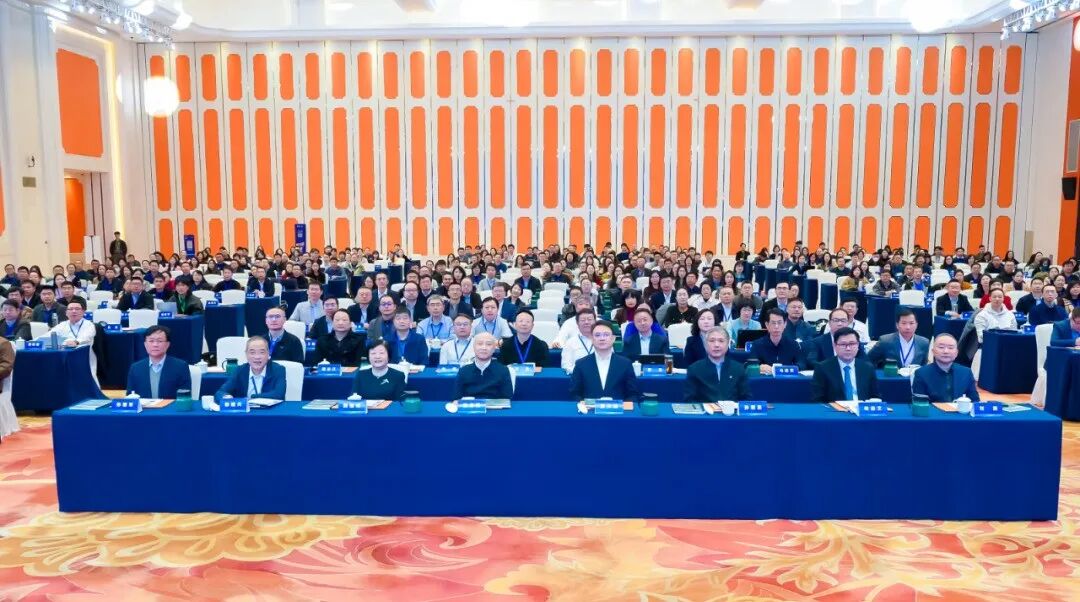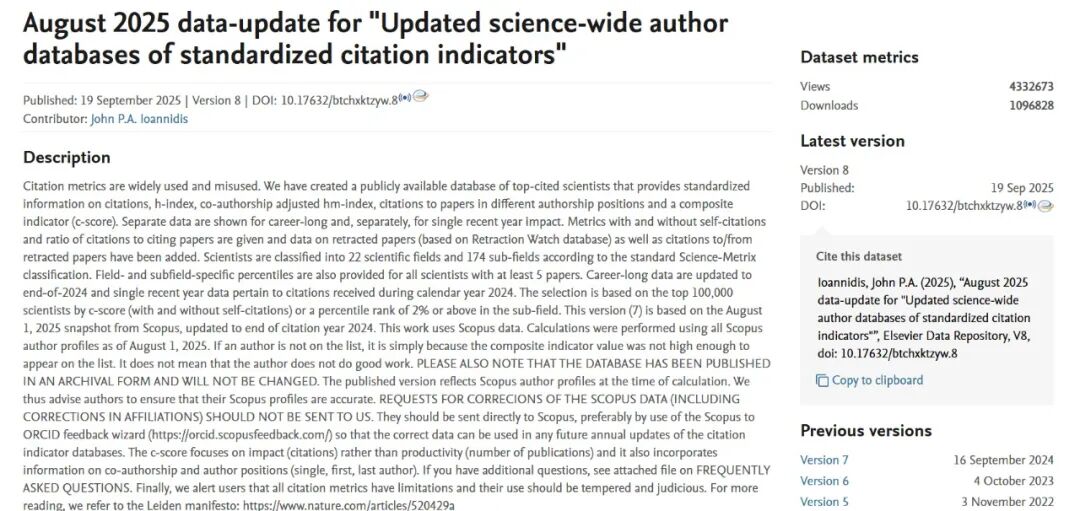GEI’s Strategic Evolution: Strengthening Impact and Sustainability Under New Leadership
The Global Evaluation Initiative (GEI) is entering a new phase. Jos Vaessen, Chief Evaluation Officer at the World Bank Independent Evaluation Group, will lead the network into GEI 2.0, a phase focused on securing long-term sustainability and enhancing the organization's impact and relevance. As the Global Evaluation Initiative (GEI) enters its next phase, the partnership is advancing a strategic evolution focused on consolidating achievements and ensuring long-term sustainability. Since its launch five years ago, GEI has become globally recognized for strengthening monitoring and evaluation (M&E) systems, building institutional capacity, and connecting a vibrant international community of evaluation practitioners. Following a successful founding phase led by Dugan Fraser, GEI Program Manager, and Lily Chu, Director of Strategy and Operations at the Independent Evaluation Group (IEG), GEI is now entering a new chapter. The appointment of Jos (Jozef) Vaessen, IEG Chief Evaluation Officer and Senior Advisor, as GEI Program Lead, marks the beginning of GEI 2.0, a phase designed to secure long-term sustainability and deepen the initiative’s results and relevance. Jos brings extensive experience in evaluation systems, institutional learning, and strategic leadership. Under his direction, GEI is emphasizing financial sustainability, maximizing its comparative advantages, and deepening engagement with country partners. The initiative remains anchored in its proven platforms: Glocal Evaluation Week, IPDET, BetterEvaluation, and the Centers for Learning on Evaluation and Results (CLEAR centers) to deliver lasting value for governments, institutions, and citizens. “GEI 2.0 is about consolidation and sustainability,” said Jos Vaessen. “One of GEI’s main comparative advantages is its catalytic role, supporting our partners in doing what they do best. Ultimately, the role of the GEI network is to make sure that the systems and partnerships we have built continue to generate value far into the future, supporting countries to strengthen their capacity to produce and use evidence effectively and make better decisions for their citizens.” In the past five years, GEI and its partners have trained nearly 15,000 professionals, strengthened 34 national and subnational M&E systems, and reached more than two million people through digital platforms and knowledge-sharing events, laying a stronger global foundation for evidence-informed decision-making. With its next phase underway, GEI is well positioned to deepen its impact and continue supporting countries in building stronger, more sustainable evaluation systems.
新闻




